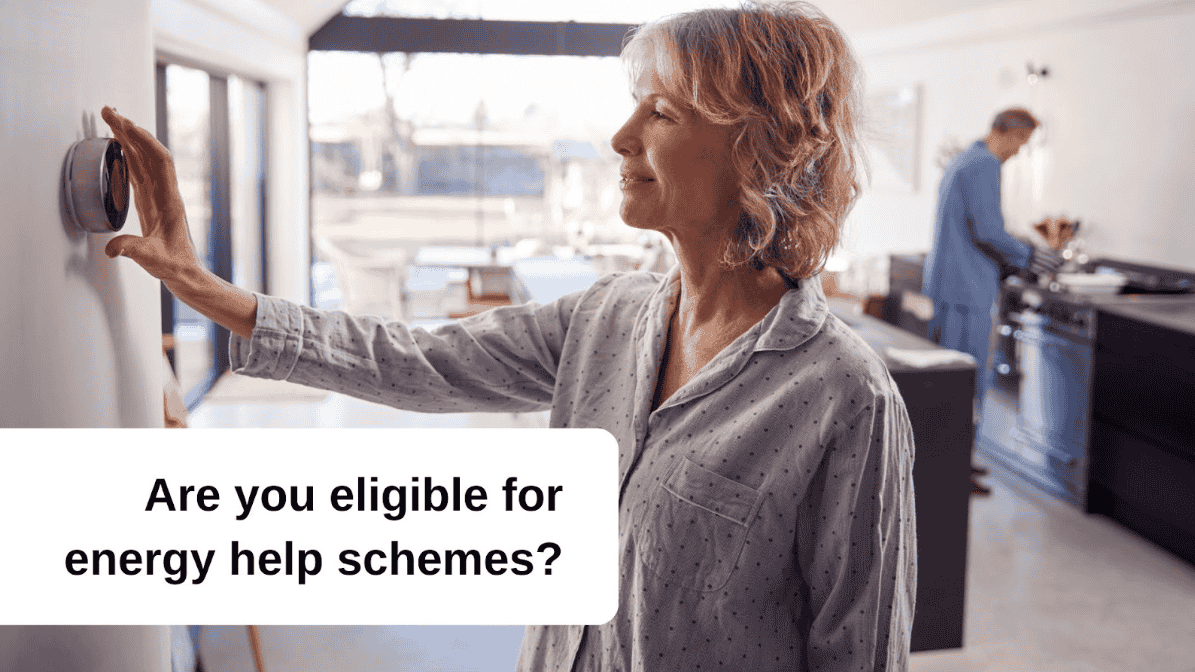- Uswitch.com>
- Gas and Electricity>
- Guides>
- How to spot and avoid energy scams - Uswitch
How to spot and avoid energy scams
What are energy scams?
Energy scams tend to involve criminals posing as representatives of energy companies, Ofgem (the energy regulator) or the government as a means of obtaining victims’ personal or financial information.
What are the different energy scams to watch out for?
Energy scams usually have the same aim, as noted above, but the main difference between them is the form of contact used to get in touch with victims.
These can include:
Phone calls
Text messages
Emails
Home visits (doorstepping)
Social media messages
Post.
Scammers will often pretend to be representatives of Ofgem or an energy supplier and offer the opportunity to switch to “an exclusive energy deal” which they tout as being much cheaper than any available alternatives. If they succeed in obtaining victims’ banking information, they may then contact them by pretending to be their bank to trick them into moving their money into a “safe” account which is actually run by them.
How do you spot an energy scam?
Scammers often use new techniques to trick people into handing over their information, but most of these techniques can be spotted if you’re vigilant.
Things to look out for include:
Links or URLs that look strange - especially if you’re being asked to click on them
A deal that looks too good to be true
A request for personal information that you’re usually advised not to reveal, such as passwords or banking PINs
Any indication that you might not be dealing with a real company - this could be anything from a poorly formatted or worded text to a logo that doesn’t look right in an email.
How do you avoid energy scams?
If you’re being vigilant and have a good idea of what to look out for, it’s fairly simple to avoid energy scams. Don’t click on any links or divulge any personal or banking information unless you’re 100% certain that the person or organisation contacting you is legitimate.
Should I expect an Energy Bills Support Scheme text?
The Energy Bills Support Scheme was a government energy help scheme that ran over the winter of 2022-23 to provide electricity users with a £400 discount on their bills. It’s no longer running and there are no plans to revive it, so you shouldn’t expect to receive any texts or other communications about it.
What should you do if you receive an Energy Bills Support Scheme text?
If you receive a text (or email) about it asking you to click on a link to receive a payment or confirm any information relating to the Energy Bills Support Scheme, don’t click on it.
If you have doubts about any communication you receive which presents itself as coming from Ofgem, an energy supplier, the government or your bank, there’s no harm in calling the organisation (making sure you get the number off its website and not from the communication itself) to check whether it’s legitimate or not.
How do you report energy scams?
The best way to report energy scams is to contact Action Fraud if you live in England, Wales and Northern Ireland, or Police Scotland on 101 if you live in Scotland. This will help reduce the chances of anyone else being scammed in the same way.
If you’ve handed over any money or you have concerns over the security of your finances, contact your bank immediately.
Read more:

What to do if you're in debt to your energy supplier - Uswitch
Are you in energy debt? Find out what help is available if you owe money to your energy supplier and how to get out of energy debt.
Learn more
How to avoid being overcharged on your energy - Uswitch
Discover how to check if you have been overcharged (or incorrectly charged) by your energy supplier for your energy consumption. Our guide explains how to check in five easy steps to ensure your gas and electricity supplier doesn't overcharge you in 2024.
Learn more
How to find out if you’re eligible for an energy help scheme, grant or benefit - Uswitch
Find out if you're eligible for energy help schemes or benefits using our interactive tool.
Learn more
